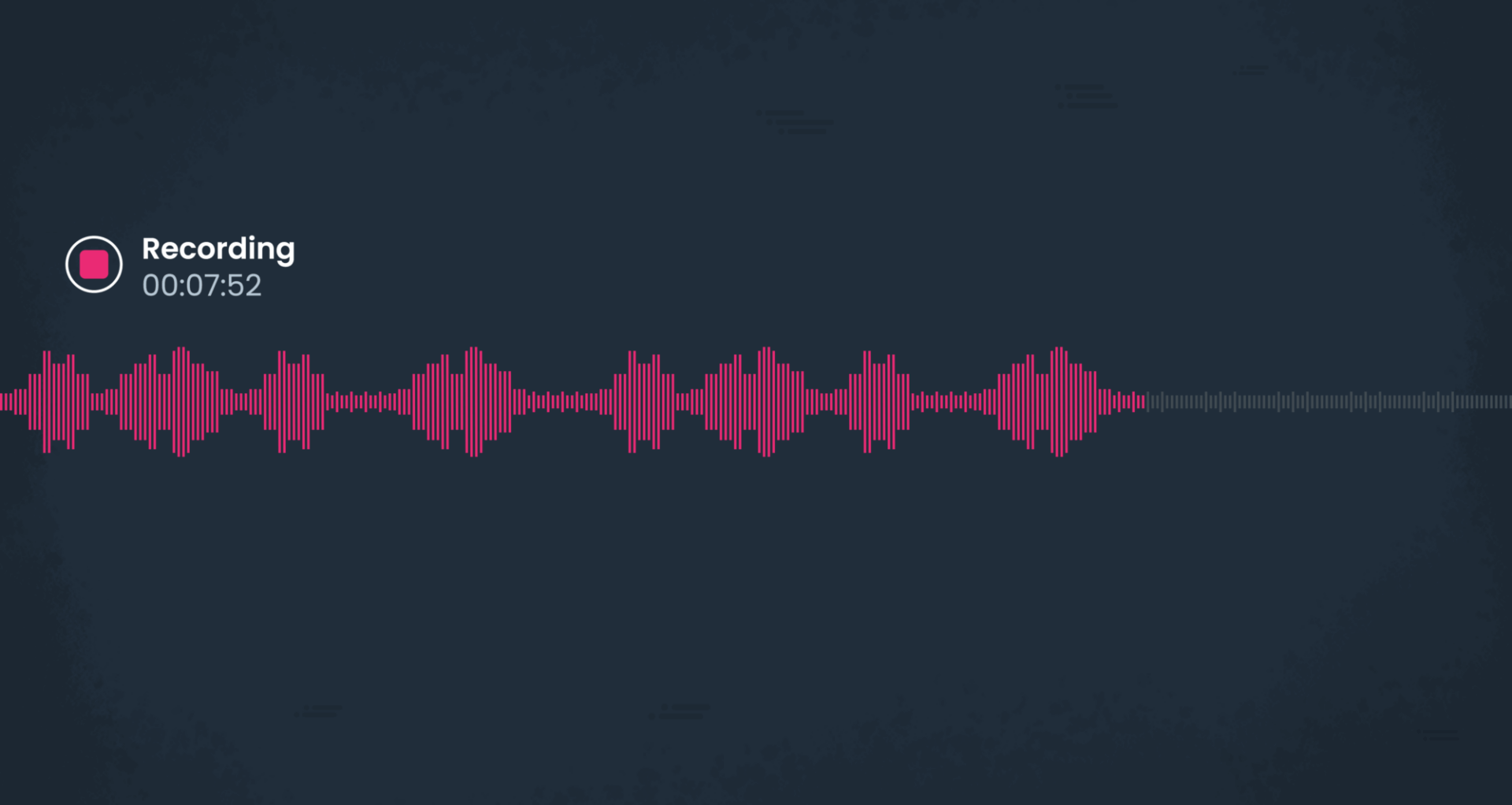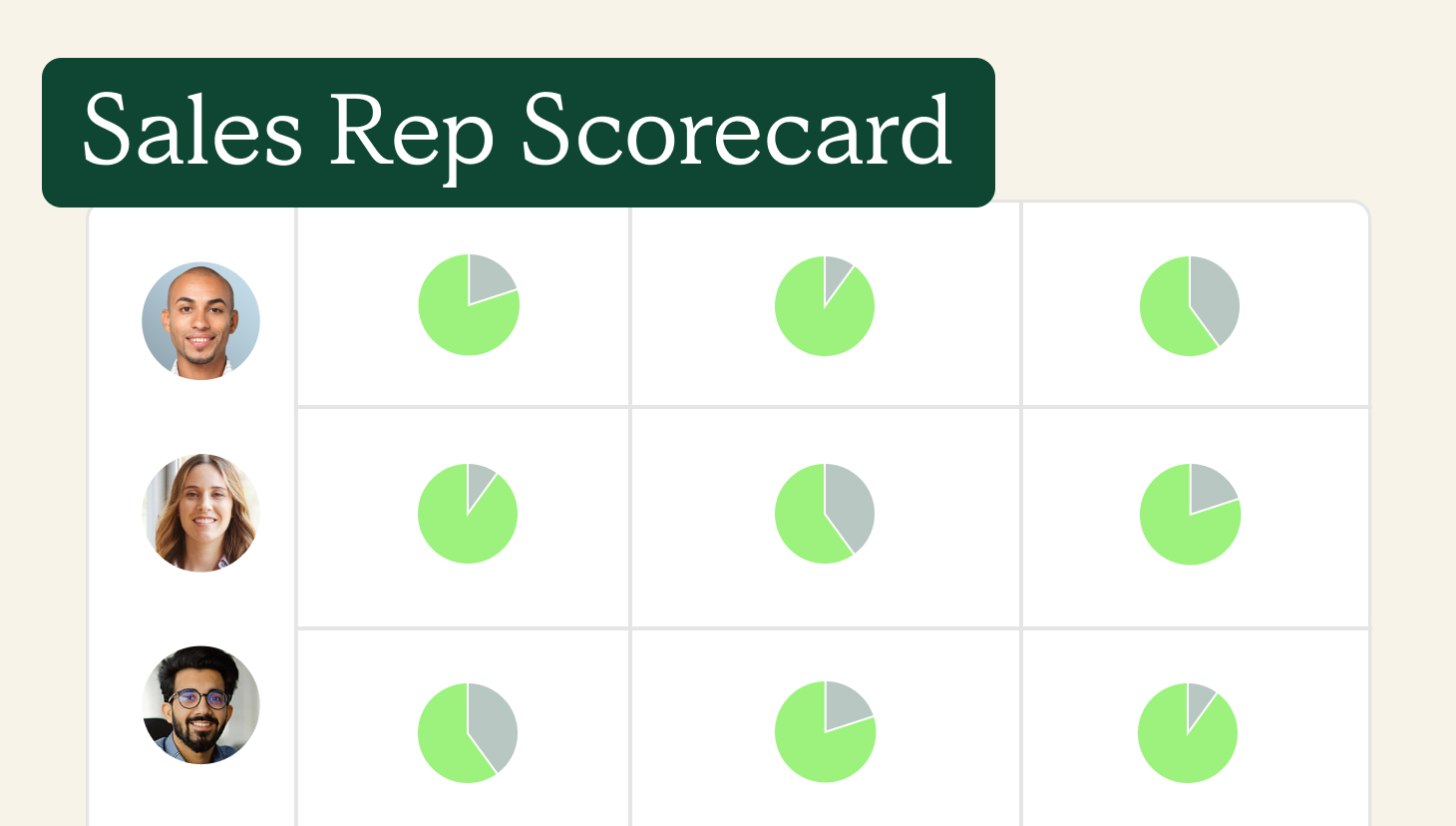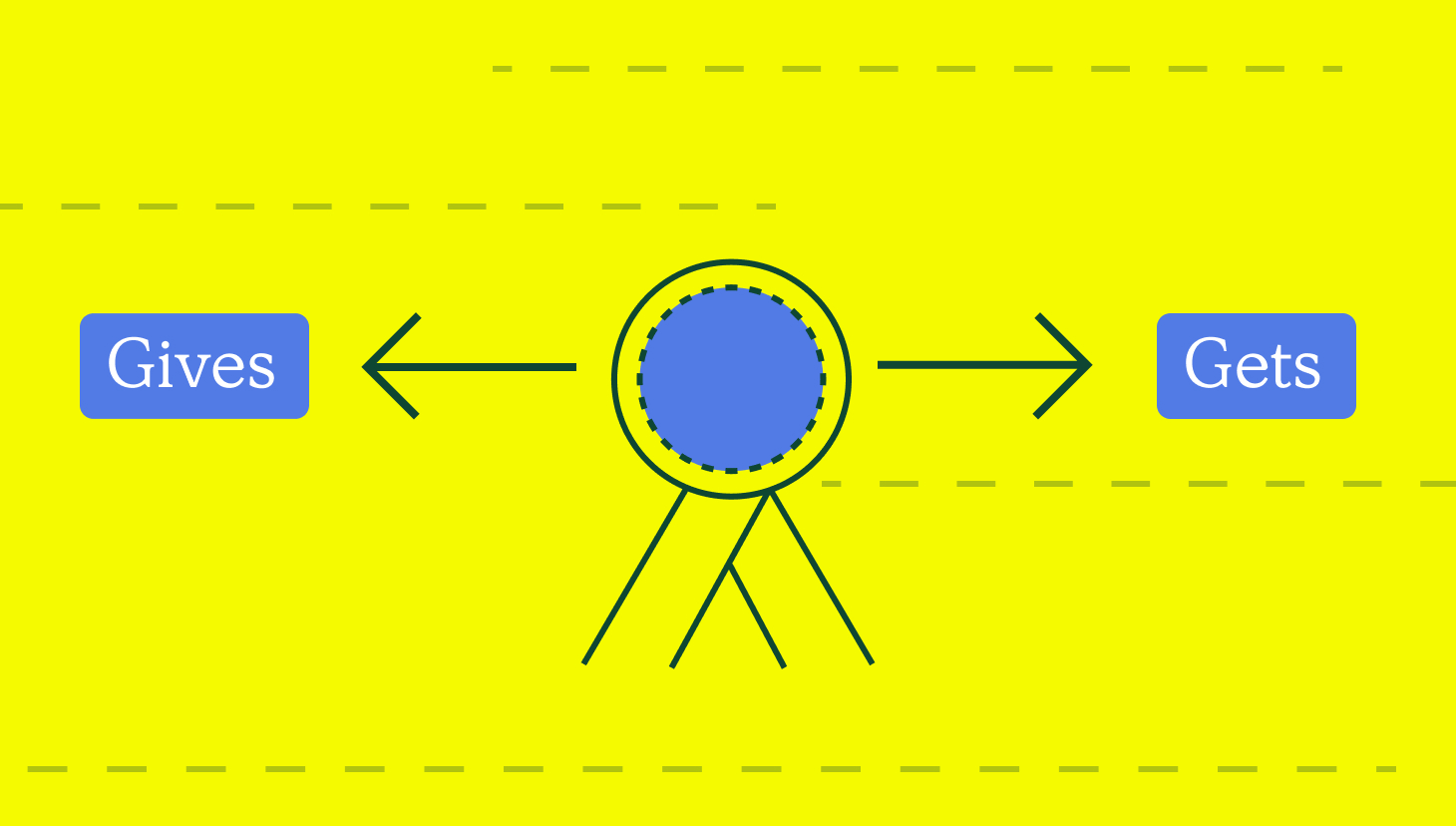My first day on the job at my first sales job, right next to my laptop and branded coffee mug, I found a handheld voice recorder. Think like what you see journalists from the early 2000s would hold up to interviewees’ faces before the ubiquity of smartphones. I asked what it was for and was quickly told “oh you’re going to record all your demos”. Gulp. Why would they want me to do that? I was hesitant at first, as almost all salespeople are, to have my words recorded forever. But after recording my first few calls, I realized that it was vital to my success in sales.
Four reasons I always have my sales reps record their sales calls
1. Recording sales calls is a powerful training tool.
This is the most obvious, and most important of the reasons to record sales calls. Unless you’re able to listen to every single sales call that your team makes (unlikely) you will miss nuances in the way your reps discuss pricing. It’s especially important early on, as sales hires are ramping. It’s equally important for seasoned reps to continue recording their calls as they mature. It will keep their messaging sharp, ensure they are updating their objection handling responses with new information, and make them better sellers in the long run. Keep in mind, call listening is just as important as call recording, which is a topic I’ll cover in later blog posts.
2. Recording calls holds people accountable.
Recording calls holds people accountable. If people know they’re being recorded they are more likely to ask about the full decision-making process. They’re less likely to fudge product timelines or take the easy way out when a tough objection is presented. The same goes for the prospect. When they know that they’re being recorded buyers are less likely to make unrealistic promises or overstate their authority. Always make sure prospects know they’re being recorded since many states have two-party recording consent laws.
3. No one has a perfect memory.
“If it’s not in Salesforce it doesn’t exist” is one of my favorite sayings. Every good salesperson logs meeting notes immediately after a demo, right? Well, unless they have another call right after. Or it’s 6 pm. Or it’s Friday. Or it was a bad call. There are plenty of reasons why someone might not write down all the details from their call. Also, something a buyer says off-hand might be important to them but not to the seller. If you have a recording of the call, it’s easy to go back and review.
4. Technology has made it easy to find trends.
Just like virtually every part of the SaaS ecosystem, call recording has seen a huge leap in its functionality due to big data. Now instead of using a notepad to track the number of “um”s and “uhh”s, a good call recording tool will do this for you. It will analyze the amount of time your reps spend talking vs. listening so you can compare your top reps vs. bottom performers.
There are a lot of different options for technology to record your demos and cold calls automatically. I’m trying to stay vendor agnostic here, so I won’t list any of them, but they each have their pros and cons. I’d encourage you to check out a few options and make a choice based on your organization’s needs. But whatever you choose, make sure your reps are recording their calls!



